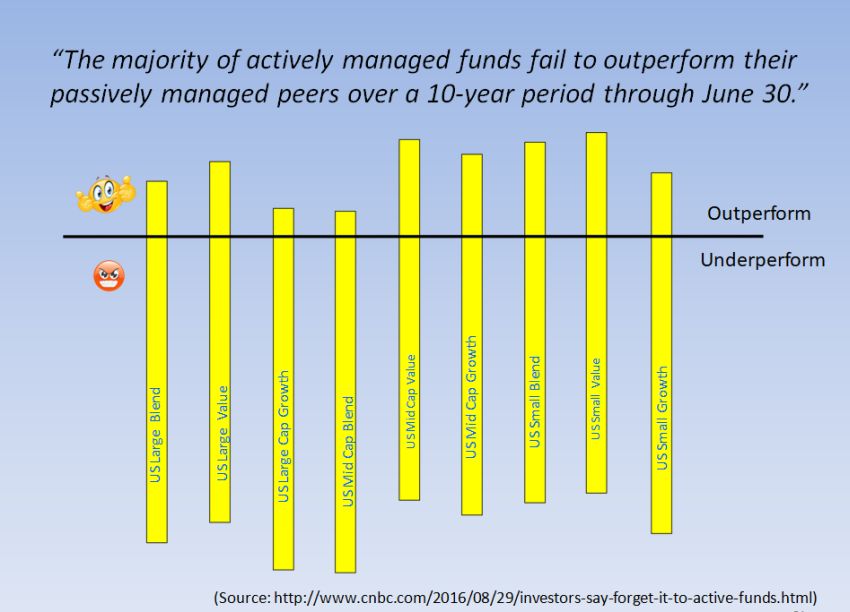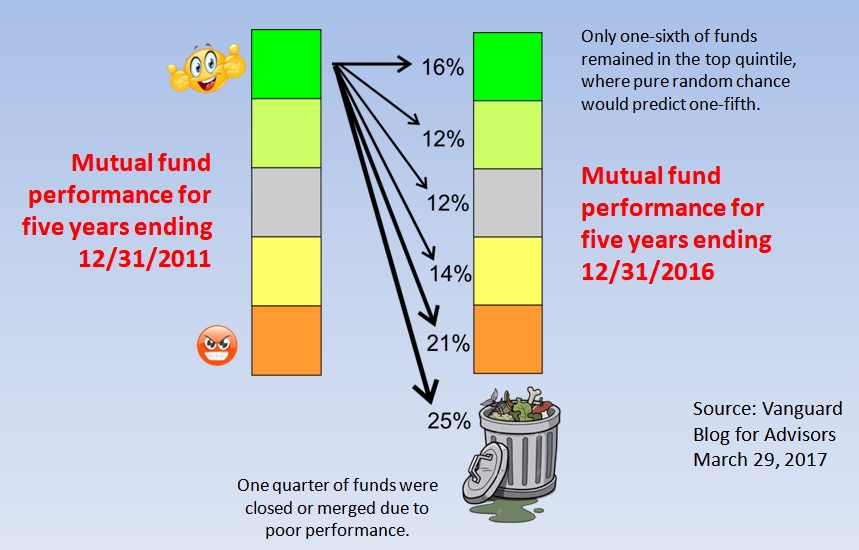Tranquility Base
Recycles dryer sheets
- Joined
- Nov 18, 2017
- Messages
- 104
I have a two-part question about stock ratings.
First question. The 1 and 2 start Morningstar stock ratings mean that the stock is trading meaningfully above fair value. Other rating services uses word ratings such as buy, hold and sell. A 1 or 2 star Morningstar star rating is not necessarily equivalent to a "sell" rating is it? If the stock is overvalued, at least in Morningstar's opinion, and you are otherwise inclined to sell, it might be a good time to sell that stock. But there is nothing wrong with hanging on to the stock is there, even though it has a 1 or 2 star Morningstar rating?
Second question. As I have been reorganizing my notes on the individual stocks I hold in my portfolio, I've noticed a few things. One thing I've noticed (I am at Schwab, headwinds notwithstanding) is that Schwab can be a real outlier at times on its ratings. For example, most everyone else loved (pun intended) Southwest Airlines, but I think Schwab rated it as D or F. Another thing I've noticed, is that often there isn't a lot of variation between the ratings for the various stocks I own by any given analyst. In other words, Morningstar, for example, gives many of my stocks the same or very similar ratings. I don't see a lot of negative ratings, however you care to define "negative."
That could be because all of the stocks I own are absolutely wonderful. But it makes me wonder, how much weight should I give to analyst ratings? I've read that the analysts are biased to be positive. I'm not sure why. Perhaps because that would keep the value of customer's accounts higher. But I would think, at least in the days of commissions, that the bias might just as easily be to be negative so that customers are trading and generating commissions more frequently. It would be like churning a managed account, except that the analysts would be giving customers stock or fund ratings that are biased on the negative side so that the customers do the churning themselves. Does anyone have any thoughts on the merits/validity of these ratings? I give them more weight than I do a statement by a car manufacturer in an advertisement that their XYZ car is the best in its class. But I'm cautious about giving the analysts' ratings too much weight.
First question. The 1 and 2 start Morningstar stock ratings mean that the stock is trading meaningfully above fair value. Other rating services uses word ratings such as buy, hold and sell. A 1 or 2 star Morningstar star rating is not necessarily equivalent to a "sell" rating is it? If the stock is overvalued, at least in Morningstar's opinion, and you are otherwise inclined to sell, it might be a good time to sell that stock. But there is nothing wrong with hanging on to the stock is there, even though it has a 1 or 2 star Morningstar rating?
Second question. As I have been reorganizing my notes on the individual stocks I hold in my portfolio, I've noticed a few things. One thing I've noticed (I am at Schwab, headwinds notwithstanding) is that Schwab can be a real outlier at times on its ratings. For example, most everyone else loved (pun intended) Southwest Airlines, but I think Schwab rated it as D or F. Another thing I've noticed, is that often there isn't a lot of variation between the ratings for the various stocks I own by any given analyst. In other words, Morningstar, for example, gives many of my stocks the same or very similar ratings. I don't see a lot of negative ratings, however you care to define "negative."
That could be because all of the stocks I own are absolutely wonderful. But it makes me wonder, how much weight should I give to analyst ratings? I've read that the analysts are biased to be positive. I'm not sure why. Perhaps because that would keep the value of customer's accounts higher. But I would think, at least in the days of commissions, that the bias might just as easily be to be negative so that customers are trading and generating commissions more frequently. It would be like churning a managed account, except that the analysts would be giving customers stock or fund ratings that are biased on the negative side so that the customers do the churning themselves. Does anyone have any thoughts on the merits/validity of these ratings? I give them more weight than I do a statement by a car manufacturer in an advertisement that their XYZ car is the best in its class. But I'm cautious about giving the analysts' ratings too much weight.


 Wish I had more accidents like that.
Wish I had more accidents like that.
